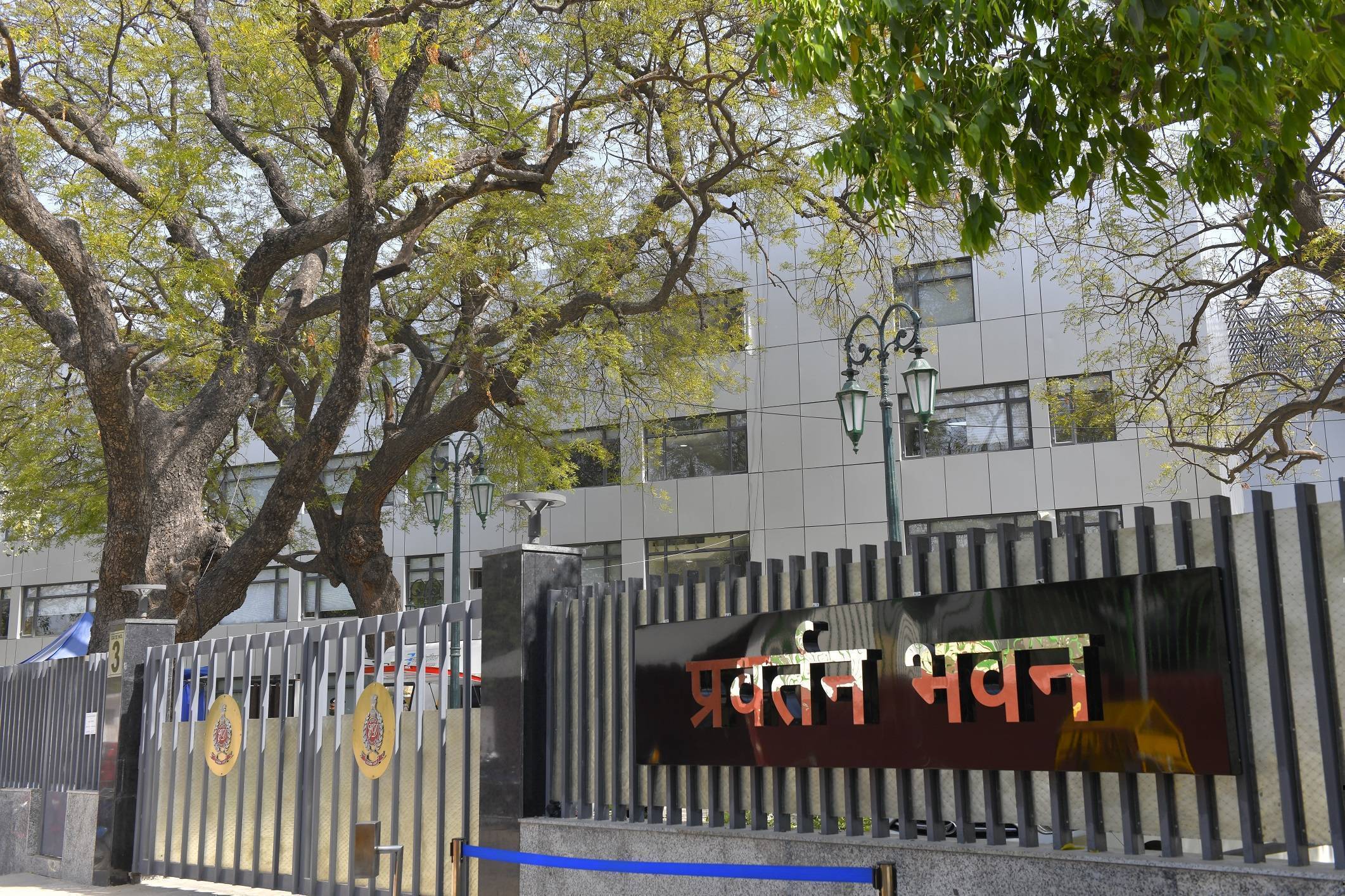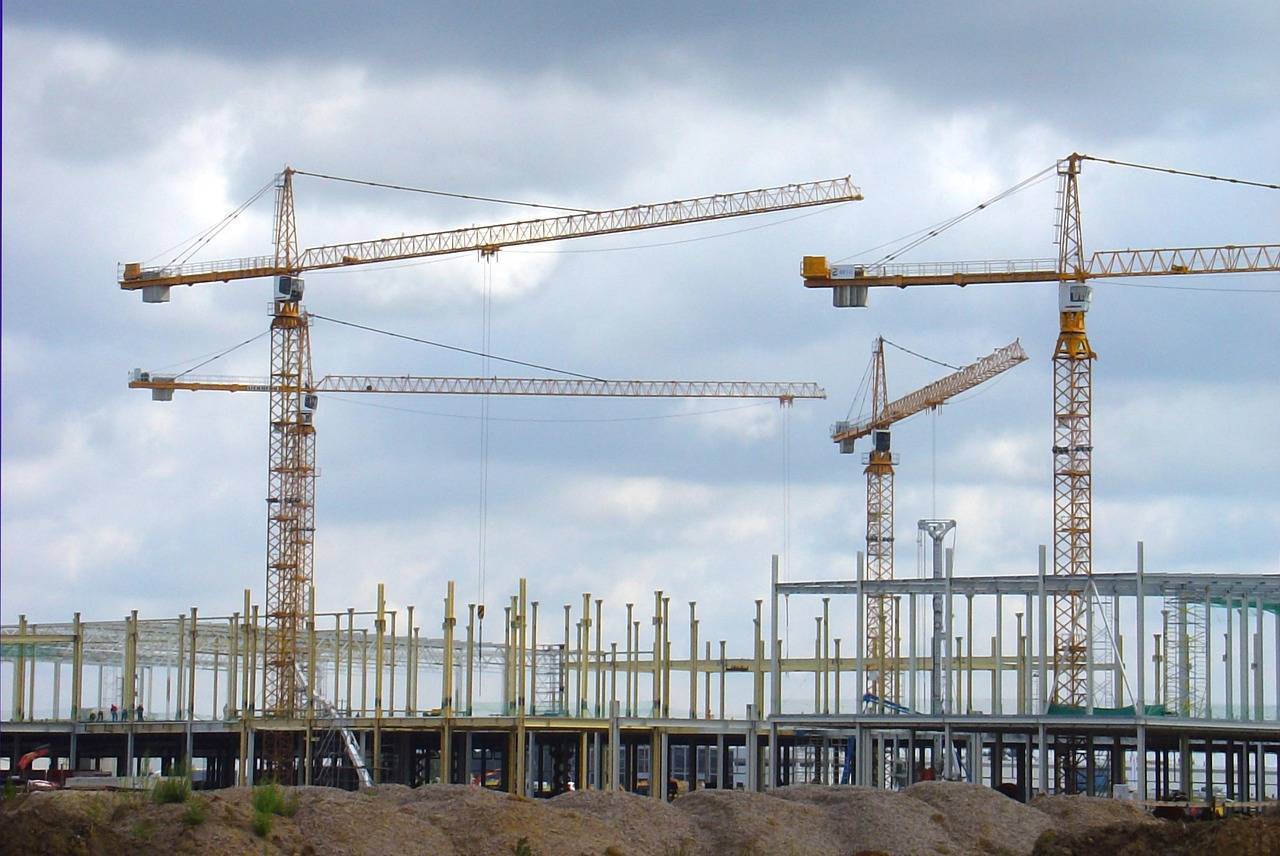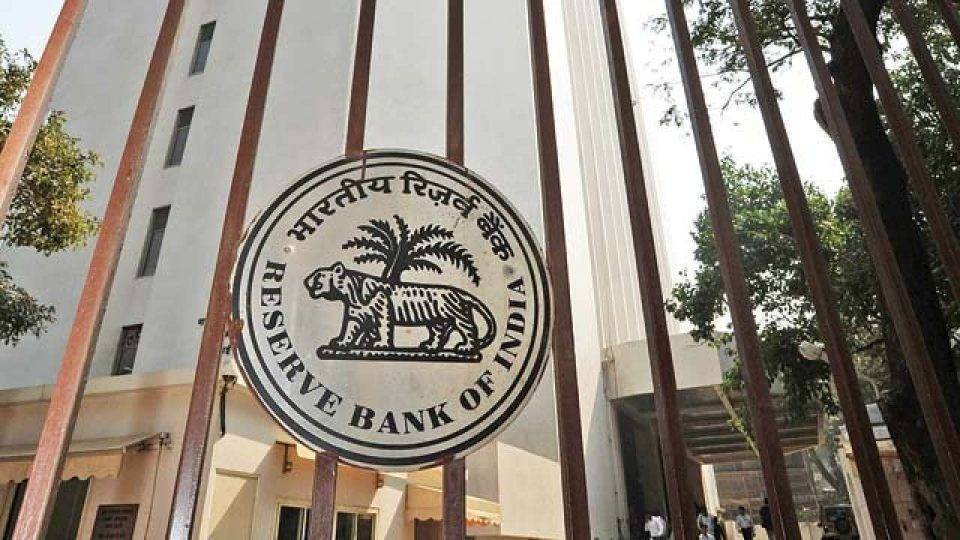New Zealand has announced a significant relaxation of its foreign property ownership rules, partially lifting a seven-year ban on overseas buyers. The change allows holders of the Active Investor Plus residency visa to purchase or construct homes with a minimum value of NZ$5 million (approximately USD $2.95 million). The move targets high-net-worth individuals, aiming to attract substantial investment while balancing local concerns over foreign ownership.
The restrictions, introduced in 2018 under former Prime Minister Jacinda Ardern, were designed to curb rising house prices amid high migration and a limited housing supply. Australians and Singaporeans were exempted under trade agreements, but other foreign nationals faced strict limitations. Over the past seven years, these regulations sought to cool the housing market and protect affordability for domestic buyers.
Under the new rules, applicants must also commit to investing at least NZ$5 million over a three-year period. The government intends this threshold to serve a dual purpose: to encourage wealthy foreign investors while reassuring citizens that large-scale foreign ownership will remain limited. Prime Minister Christopher Luxon explained that the NZ$5 million benchmark “navigates a path between those who do not want foreign ownership opened up, and the desire to attract high net worth investors.”
New Zealand’s appeal to wealthy international buyers has grown in recent years. Its geographic remoteness, political stability, and high quality of life have made it a preferred destination for ultra-rich individuals seeking secure residency. High-profile cases, such as billionaire and PayPal founder Peter Thiel, underscore the interest of foreign investors in the country. Thiel became a citizen in 2011 and planned a large private estate, drawing public attention for his minimal physical presence while holding property in New Zealand.
The government’s announcement comes amid declining house prices in several regions, following a pandemic-era surge of more than 30 percent in some areas. Despite this correction, housing supply remains constrained, and local residents continue to face challenges in accessing affordable homes. By targeting luxury properties, authorities aim to attract foreign capital without directly impacting the middle-income housing market.
Observers note that the move could provide a boost to the construction and luxury real estate sectors, potentially generating employment and economic activity. At the same time, concerns remain regarding the broader impact on property affordability and the availability of housing for domestic buyers. Officials have emphasized that strict compliance measures and investment criteria will ensure that the scheme benefits the economy while mitigating public backlash.
The Active Investor Plus visa pathway has now become a key instrument for the government to attract wealthy international buyers. By requiring substantial investment and minimum property values, the program seeks to channel foreign capital into high-value developments. Analysts suggest that this may help modernize infrastructure, enhance the luxury real estate portfolio, and reinforce New Zealand’s position as a global destination for elite investors.
As the new regulations take effect by the end of the year, developers and investors are closely monitoring the market for opportunities in prime locations. The relaxation of restrictions signals a shift in New Zealand’s approach to foreign investment, balancing economic incentives with social and political considerations.
With house prices stabilizing and demand from ultra-wealthy buyers rising, the government is betting on targeted luxury investment to stimulate growth while protecting the broader housing market. How this strategy unfolds over the coming months will be closely watched by both local stakeholders and international investors seeking a foothold in New Zealand’s real estate secto









.png)